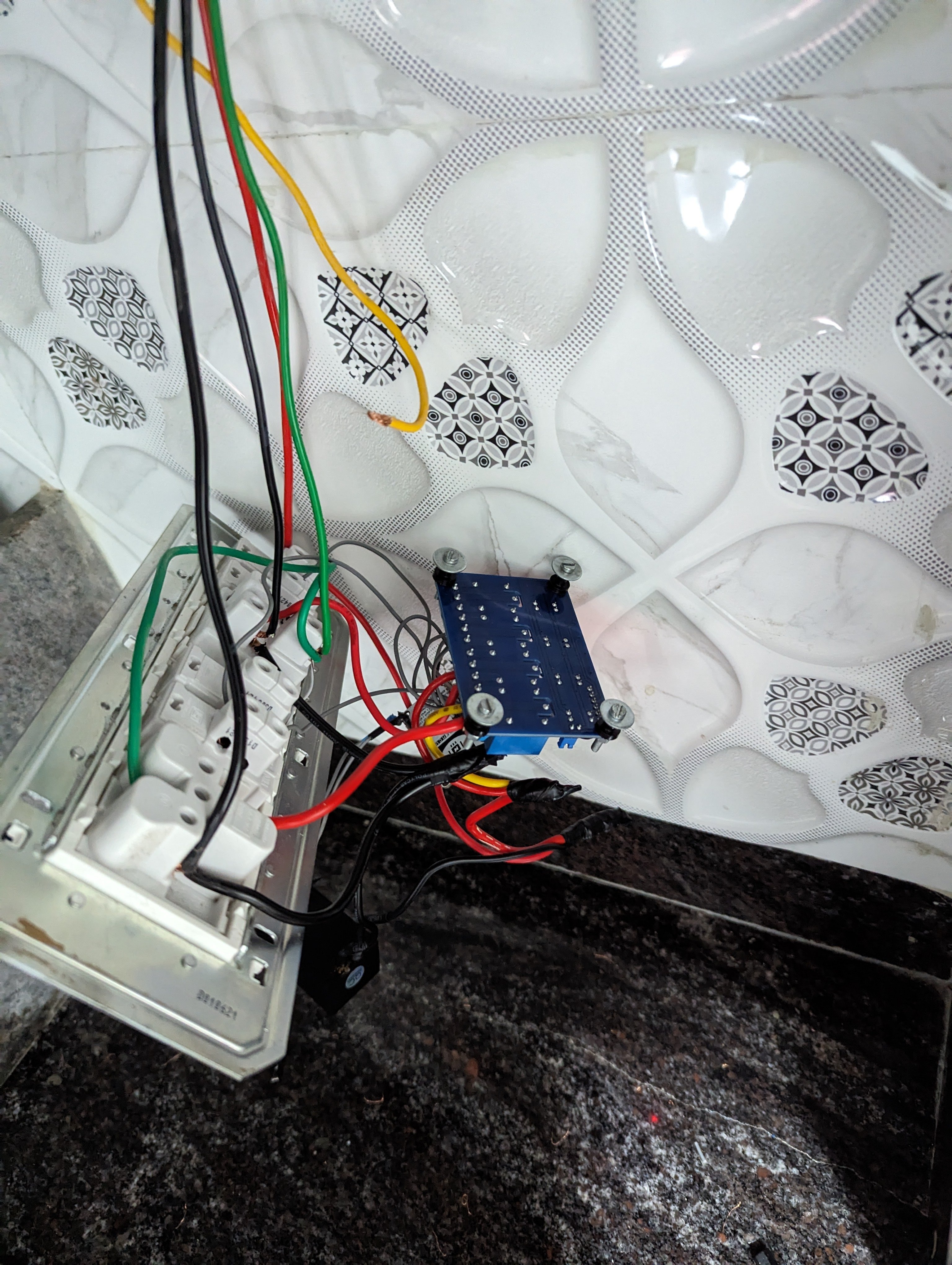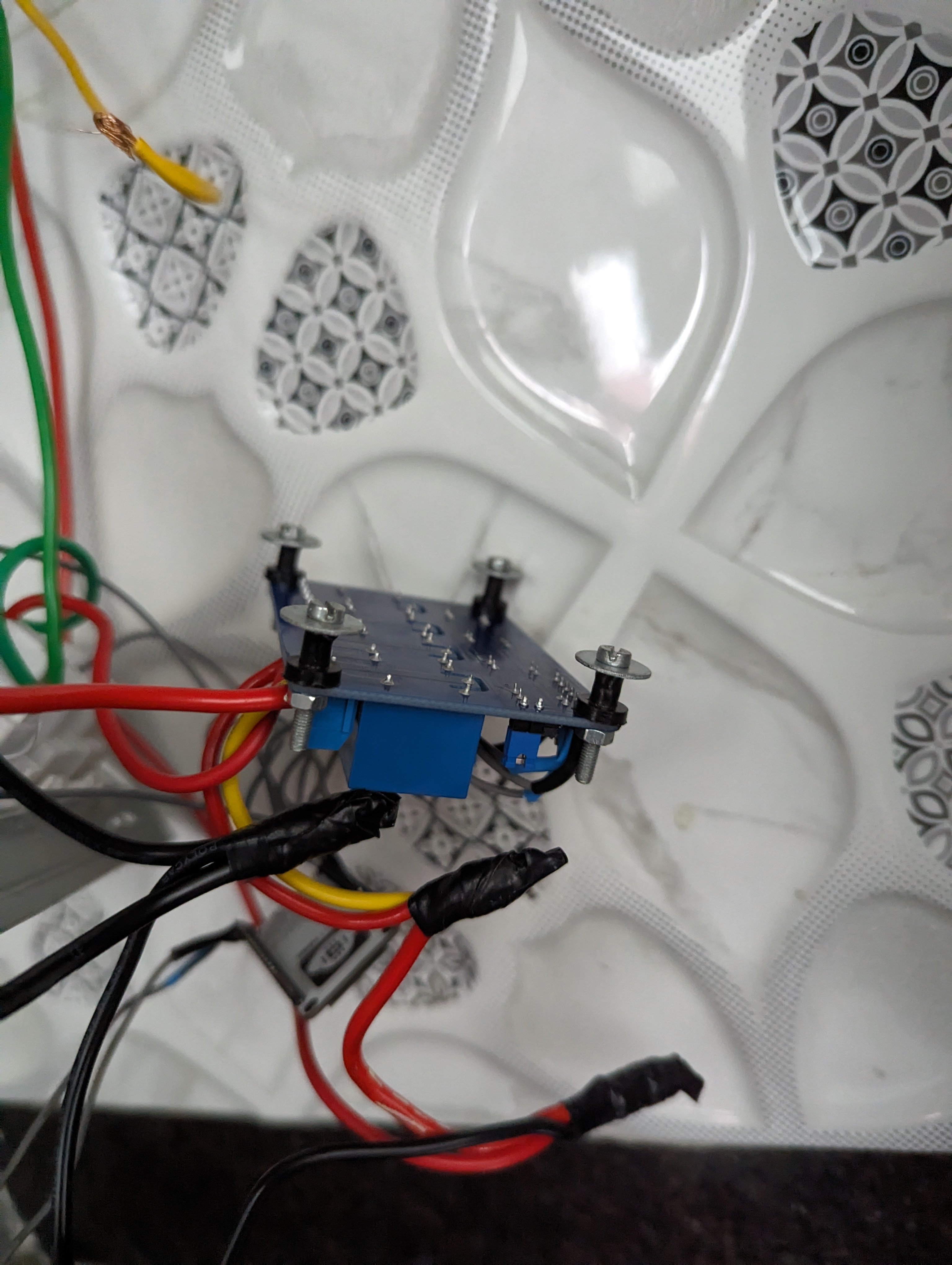Something weird happened... So I edited my comment: Ive used those exact relays, 3 in a single prototype that I was tinkering with quite a lot, so what worked best for me in the end was mounting a DIN rail into my enclosure (Any box would probably work for you? I needed IP65 so I used a proper box with glands for incoming wires.) And then the relay boards were hot glued to DIN rail mounts... (The relay boards are then lined perpendicular to the DIN rail) That ensured that I could add or remove the rails as needed.
The rest of my circuit is also mounted on another DIN rail... Also allowing me to swap out main boards as I programmed/ upgraded them with minimal effort.
This was all connected by DIY 'ribbon cable' so that plugging and unplugging was also a breeze..
Granted this all might be overkill for you? Ive also have had projects that still live in shoeboxes and they work but obviously it all depends on your use cases?
Just remember, if you go the box route, to make your life easier, make sure the box is big enough to work in if anything is to be mounted permanently. Its a massive headache trying to feed one wire past all the others into the hole if you are working 20mm from the edge of your box.
Hope this helps!
(Second edit):
I read like my arse... If youre installing inside the switchboard and already have din rails, then a rail mount would be the most convienient solution



